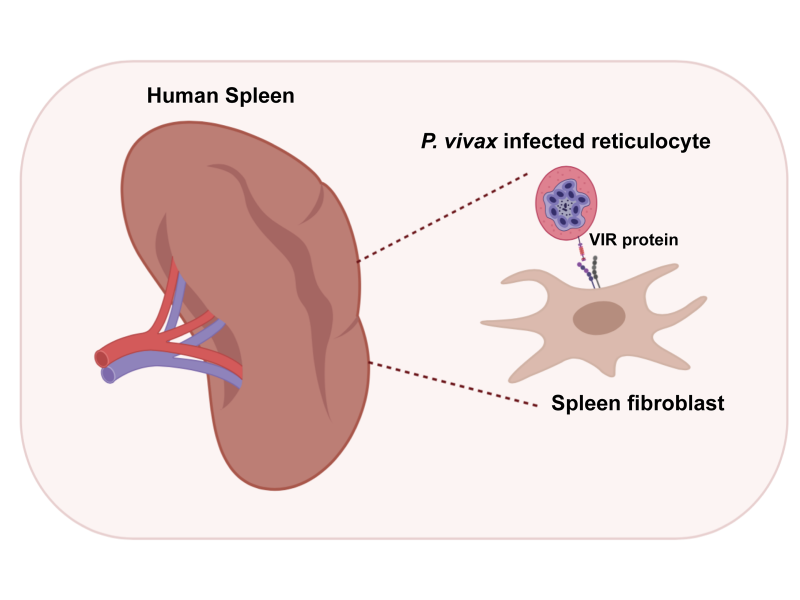The malaria parasite Plasmodium vivax can adhere to human spleen cells through the expression of so-called variant proteins. These are the conclusions of a study led by the Barcelona Institute for Global health (ISGlobal), an institution supported by “la Caixa” and the Germans Trias i Pujol Research Institute (IGTP). The results, published in PNAS, suggest that this could represent an additional challenge to eliminating the disease.
Investigadores del Instituto de Salud Global de Barcelona (ISGlobal) han descubierto que el parásito de la malaria Plasmodium vivax es capaz de adherirse a las células del bazo humano y “esconderse” en dicho órgano, lo que podría explicar por qué en algunos casos la infección provoca síntomas graves.
http://www.germanstrias.org/news/209/the-malaria-parasite-p-vivax-can-remain-in-the-spleen-upon-expression-of-certain-proteins
https://www.lavanguardia.com/vida/20200518/481264766943/estudio-descubre-parasito-malaria-esconde-bazo-causa-danos.html
https://www.pnas.org/content/early/2020/05/20/1920596117

